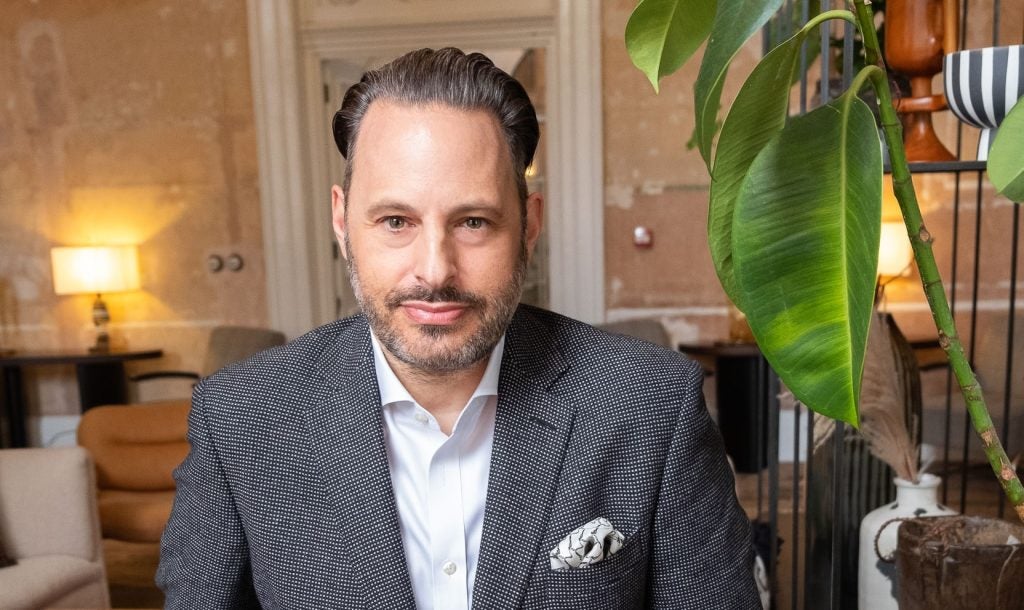The continuing legal woes of the billionaire ‘playboy’ and ex son-in-law of Bernie Ecclestone, James Stunt, have recently been revealed by an eager British tabloid press. News broke that Stunt had been the recipient of a restraint order freezing his substantial assets, and that the press had initially been banned from reporting on it. All the hallmarks of a good story were present – gambling, supercars, alleged connections to crime bosses. But what is the true picture behind the headlines asks Nicola McKinney and Andrew Gilmore of Grosvenor Law?
Restraint Order
The restraint order made against Mr Stunt is part of an arsenal of court orders available to crime fighting authorities in their war on organised crime and money laundering. Restraint orders stem from the Proceeds of Crime Act 2002. Their purpose is to preserve the assets and property of a suspect in a criminal investigation, before any criminal charges are brought, so that if the suspect is eventually charged, prosecuted and convicted, it is easier to enforce an asset confiscation order.
An application for a restraint order is made to the Crown Court by authorities investigating the suspected criminal behaviour. This might be without any notice to the suspect if there is particular urgency or there is a real risk that advance warning would cause the assets to be moved or spent.
The authorities will need to satisfy the Court that a criminal investigation or proceeding has been started in England or Wales and that there is reasonable cause to believe that the ‘alleged offender’ has benefitted from their criminal conduct. This is a low threshold, using the balance of probabilities as the standard of proof. A restraint order is not a verdict on the guilt of a suspect, which will only be determined at a trial (if it gets that far).
When a restraint order is granted, its wording is normally tailored to the individual circumstances of the investigation/proceedings, but its aim is to prevent the suspect ‘dealing’ with their assets. It should be noted that contrary to some media reports, ‘dealing’ normally means only preventing the disposal of assets, or reducing their value; it may allow for actual use of the assets in question.
So Mr Stunt may still be able to live in his restrained properties and drive his fleet of restrained supercars if it does not damage them; he clearly will not be able to drink expensive bottles of wine, or to sell assets (up to the value of the restraint order). He will also be entitled to apply to the Court to vary the order at any time, particularly for ‘reasonable’ living expenses out of the restrained funds; he is unlikely to be left in penury by the order.
How well do you really know your competitors?
Access the most comprehensive Company Profiles on the market, powered by GlobalData. Save hours of research. Gain competitive edge.

Thank you!
Your download email will arrive shortly
Not ready to buy yet? Download a free sample
We are confident about the unique quality of our Company Profiles. However, we want you to make the most beneficial decision for your business, so we offer a free sample that you can download by submitting the below form
By GlobalDataAn asset can include any property owned by the ‘alleged offender’; as the press reports in Mr Stunt’s case demonstrate, this may range from cash in the bank or bricks and mortar, to collections of wine, art or cars, and other investments. Because the assets restrained are only to the value of a likely confiscation order should the suspect ever be convicted of a crime, the order may not lock up Mr Stunt’s entire fortune.
Third Parties
An unfortunate by-product of restraint orders is that assets co-owned or borrowed with or from friends, family, fellow investors and other third parties can also be frozen. Restraint orders attempt to strike a balance between ensuring that property in the hands of third parties is properly restrained on the one hand, and ensuring that innocent third parties do not suffer loss on the other.
A third party has a right to make an application to the Court to vary the restraint order and to release assets. The courts will decide these applications on the merits of each case and circumstance.
The Media
Perhaps the greatest impact these pre-charge proceedings will have on Mr Stunt is to his reputation. Normally applications for restraint orders are accompanied by requests (by authorities or alleged offenders) for reporting restrictions so as not to prejudice criminal investigations, to protect witnesses, or to protect privacy.
The Court has to assess whether press reporting frustrates or renders impractical the administration of justice. Decided cases show that to prevent reporting, it is not enough for a suspect to say they may suffer harm to their reputation or business.
For Mr Stunt, the Court clearly felt that that the need for open justice outweighed any other concerns and lifted the initial reporting restrictions. It is unclear whether Mr Stunt has assets which carry third party interests. If he does and they apply for access to the shared asset, the Court may well be invited to restrict the reporting of the application and its outcome. Where Mr Stunt failed to convince the Court to keep these proceedings out of the press, a third party (not under investigation) is more likely to be able to show that their entitlement to privacy outweighs any public interest in reporting the story.
It will be interesting to see whether there are any reported developments to this story; there may well be ongoing arguments about these assets which continue away from the curious eyes of the public.
Nicola McKinney and Andrew Gilmore specialise in money laundering, fraud, asset recovery and all aspects of criminal law and financial disputes at Grosvenor Law, a firm which acts for financial services professionals, high-net-worth individuals and boutique banks.








